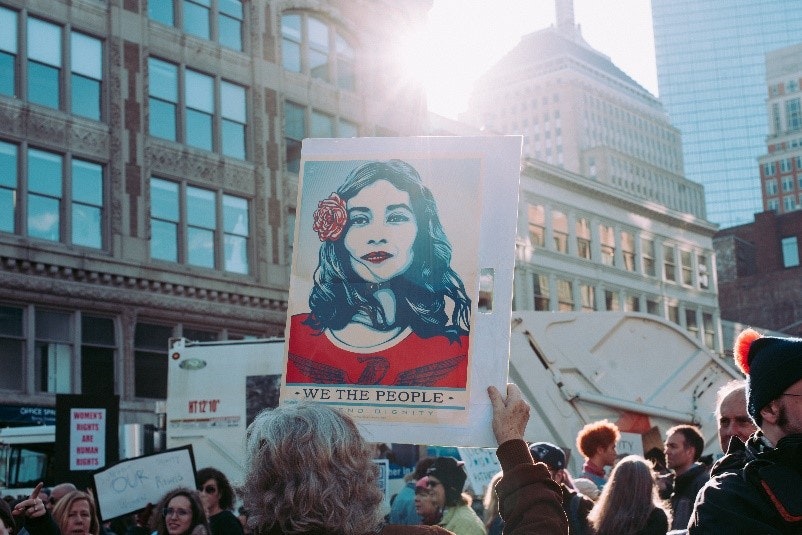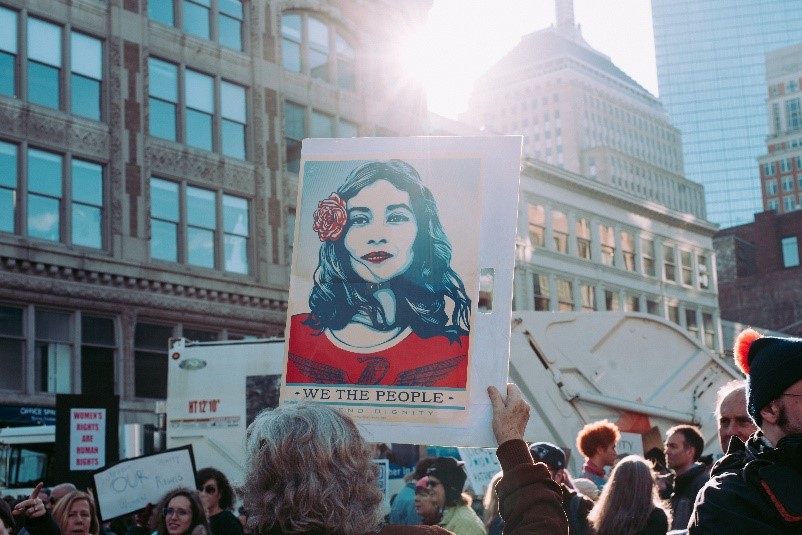Critical Consumption: Social Justice Matters

By: Cait Wilson, Ph.D. Candidate, University of Utah
Millennials are critical consumers; central to their priorities is social justice. Critical consumption occurs when a consumer makes a conscious choice to purchase or not purchase specific products due to ethical and political beliefs. A critical consumer realizes the importance of taking certain aspects of the product, service, or company into consideration such as environmental sustainability and human rights. The critical consumer identifies with social movements and alters purchasing behaviors to contribute to the cause.
Social Justice
There is a variety of social justice issues that consumers identify with such as the environment, gender equality, and poverty and economic injustices (to name a few). Millennials are worried about the future of the planet because of climate change. There is concern over gender equality; equal rights and opportunities for men and women. Additionally, many question the distribution of wealth and lack of access to resources for those living in poverty.
Brands for Critical Consumers
A lesson can be learned from some brands that appeal to critical consumers. Warby Parker has the intention of doing good while doing business. Similar to Toms Shoes, for every pair of glasses purchased one is given away to someone in need. Funds are given to Vision Spring and they provide glasses for free worldwide to individuals who don’t have access to eye glasses. Another example is Patagonia, their goal is to generate strong sales while being conscious about the environment. The company has made clothes out of recycled bottles, generates power for their headquarters via solar energy, and donates 1% of sales to environmental causes. Critical consumers tend to support brands who position themselves with social justice issues.
Appealing to the Critical Consumer
- Professional Development: Marketers need to be great business people but they also need to be well-versed in social justice issues. It’s important for marketers to study concepts related to diversity, identity, privilege, power, and oppression. If you really want to broaden your knowledge, familiarize yourself with critical theories (e.g., critical race theory and feminist theory).
- Social Justice Marketing: Incorporate social justice messages into your marketing. Accurately and genuinely portray these social justice issues in your branding. Remember to be authentic, though. Millennials can spot a sales tactic from a mile away and inauthentic attempts at using social justice to manipulate individuals into purchasing products can hurt your brand.
- Follow Through: Businesses can’t just incorporate these messages in their marketing campaigns and call it a day. Critical consumers need to see follow through. Demonstrate social responsibility and integrate it into the core of your organization; have it play a part in your hiring practices, company culture, policies, products and services you offer, and philanthropic work (to name a few areas).
Social justice matters to the critical consumer; education for employees on these matters are key, market with social justice in mind, and demonstrate social responsibility through your company’s actions.
